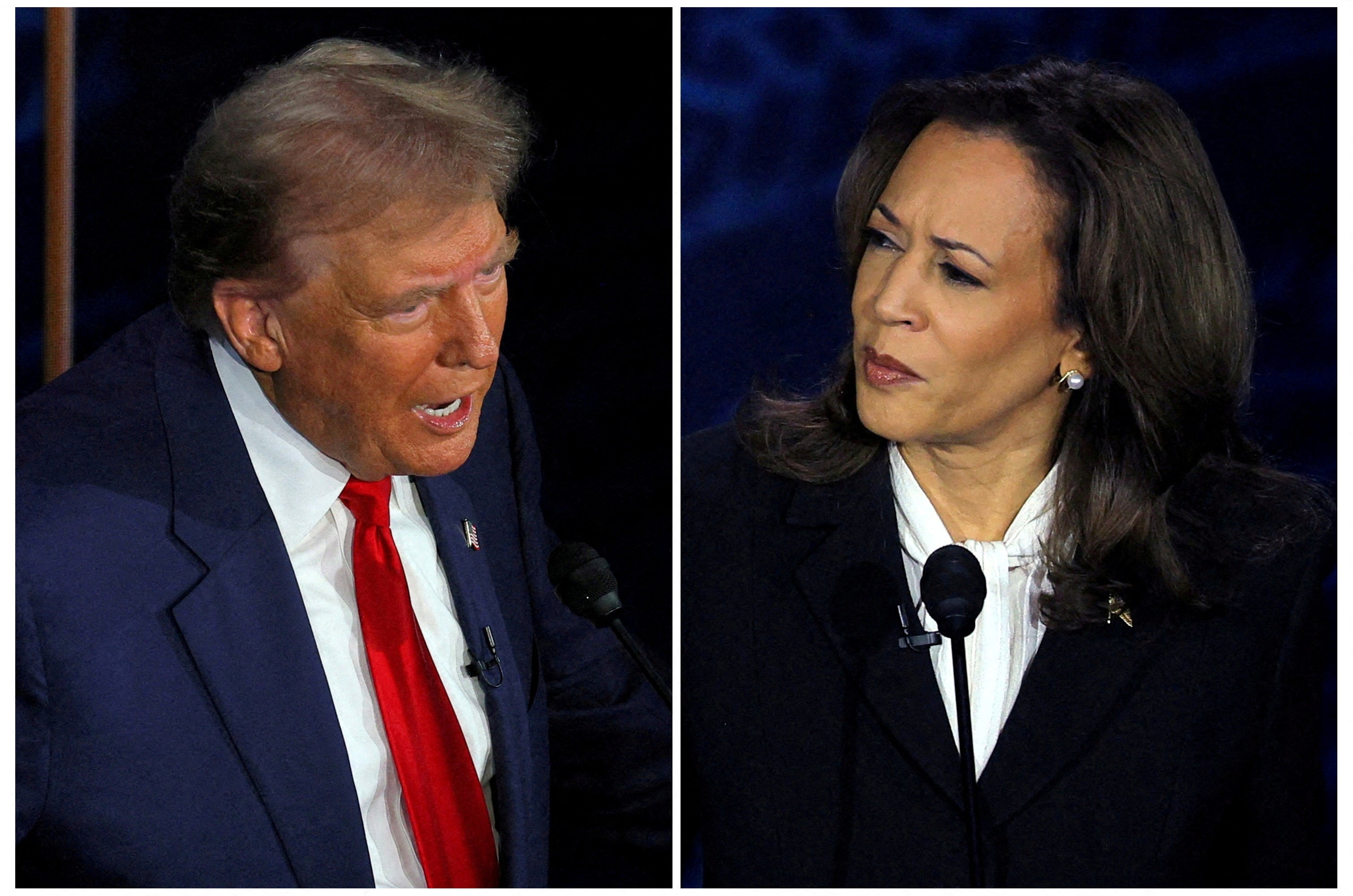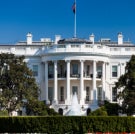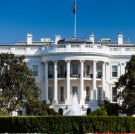Two hurricanes and major labor strikes contributed to the US jobs market remaining virtually unchanged in a final update before the 2024 presidential election on Tuesday.
The Bureau of Labor Statistics reported on Friday that employers added only 12,000 jobs — a dramatic drop from the average monthly gain of 194,000 over the last year — but the unemployment rate remained virtually unchanged in October, suggesting the economy is stable overall.
The landfall of Hurricane Helene in late September and Hurricane Milton in early October caused jobs in southeastern states like Georgia, North Carolina and Florida to be temporarily taken off the payrolls, economic experts say.
In addition, the International Longshoremen’s Association temporarily went on strike in early October, ultimately agreeing to suspend their strike to allow for negotiations for a new contract. The International Association of Machinists and Aerospace Workers, which represents Boeing workers, announced that they would vote for a new contract after they went on strike for seven weeks.
President Joe Biden said that the lackluster jobs numbers were to be expected in a statement on Friday.
“Job growth is expected to rebound in November as our hurricane recovery and rebuilding efforts continue,” he said. “In addition, I want to congratulate the leadership of the Machinists and Boeing for negotiating a new contract proposal that will be voted on by union members.”

But, as the economy remains a key issue for voters, former President Donald Trump’s campaign seized on the murky report.
“This jobs report is a catastrophe and definitively reveals how badly Kamala Harris broke our economy,” spokeswoman Karoline Leavitt said in a statement. “In a single month, Kamala’s failed economic agenda wiped out nearly 30,000 private sector jobs and nearly 50,000 manufacturing jobs. Working families are being ripped off by the Harris-Biden economic agenda. Kamala broke the economy. President Trump will fix it.”
The latest jobs report had some bright spots, such as 58,000 jobs added in health care. Wages also increased, as average hourly earnings rose by 0.4 percent in October. Wages have grown 4 percent in the past 12 months.
Voters continue to list the economy as one of their top priorities in the days leading up to the election. The final poll from Marist College of Pennsylvania showed that 51 percent of voters in Pennsylvania think that Trump would handle the economy better, while 49 percent of voters think Harris would. In Michigan, Trump has a one-point lead on the economy. In Wisconsin, 52 percent of voters think Trump would do a better job on the economy while 47 percent of Wisconsinites say Harris would be better on the economy.
Harris has made the economy a central part of her closing argument, running ads contrasting her policies with those of her opponent and attacking Trump’s economic policies.
The candidates have also released dueling plans on caregiving, with Trump rolling out a proposed tax credit for caregivers, while Harris announced a proposal to have Medicare pay for home care.
Trump, for his part, has emphasized his plans to cut taxes, but also enact tariffs across the board, which many economists fear would drive up costs for companies that they would hand down to consumers.
The move comes as inflation has eased over the past year. Last month, the BLS reported that inflation rose by 0.2 points in September and 2.4 points in the past 12 months. In September, the Federal Reserve announced that it would cut interest rates after it had raised them dramatically in an effort to tamp down inflation.
Still, many voters continue to list inflation and the cost of living as the more important issue.
Source: independent.co.uk



